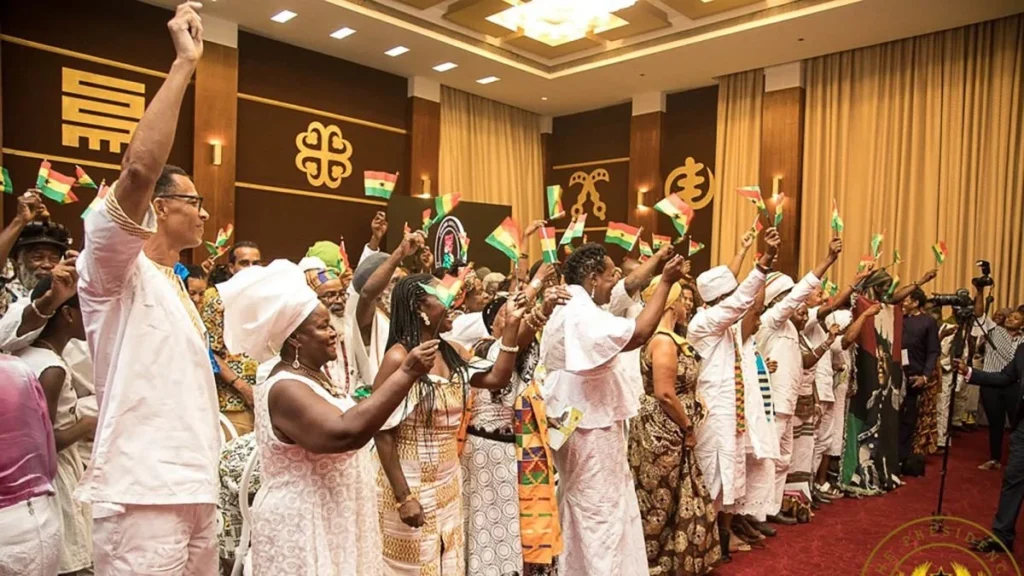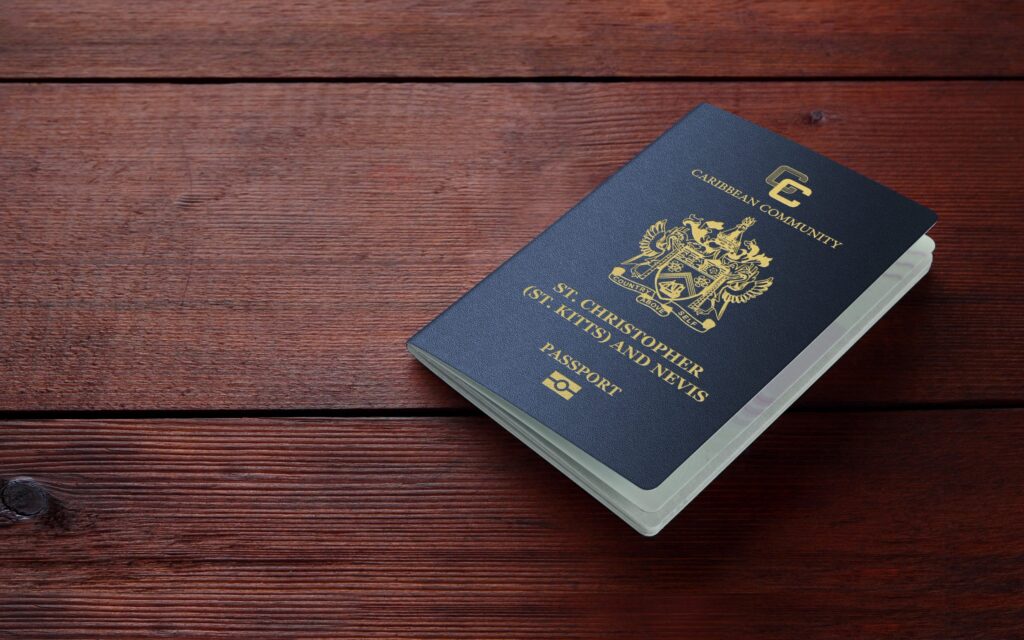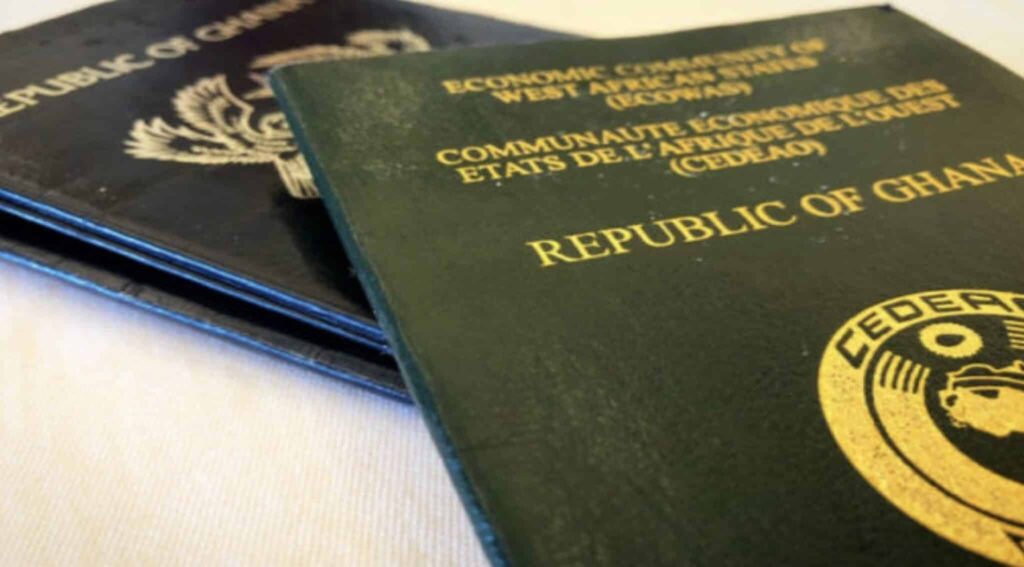A renowned Ghanaian lawyer recently published an online post asking if Ghana is missing out on economic opportunities by giving out its citizenship for free.
In his post, Kofi Asmah, a Managing Partner of Gyandoh Asmah & Co., argued that while Ghana’s laws allow citizenship for people of African descent to honor historical ties, the country is missing an economic opportunity by not requiring investments.
In 2019, former President Nana Akufo-Addo captured global attention with an ambitious “Year of Return” campaign, which invited African Americans and Caribbeans to reconnect with their ancestral homeland.
In a special ceremony to mark the event, 126 members of the diaspora were granted Ghanaian citizenship. Since then, Ghana has naturalized 624 individuals, including a landmark event in November 2024, where 524 people received citizenship.

In another event in 2022, 100 more diasporans were welcomed.
Ghana’s 1992 Constitution and the Citizenship Act of 2000 explicitly allow people of African descent to apply for citizenship, acknowledging the historical wounds of the trans-Atlantic slave trade. The policy reflects a commitment to Pan-Africanism, seeking to heal the forced severance of millions from their heritage.
However, Mr. Asmah argues that although the gesture to confer citizenship to the African diaspora, there is a missed opportunity to leverage this goodwill for economic growth.
Citizenship as an Economic Engine
Mr. Asmah argues that other nations have long recognized citizenship as more than a symbolic gesture, but rather, a financial tool.
Portugal’s Golden Visa program, launched in 2012, has attracted over €7 billion in foreign investment by offering residency to those who invest in real estate or businesses.
Malta’s citizenship-by-investment scheme (which has been suspended due to EU restrictions) generated hundreds of millions annually, funding public infrastructure.
In the Caribbean, countries like St. Kitts, Antigua, and Dominica have transformed their economies by tying citizenship to investments in airports, hospitals, and schools.

Ghana, however, has yet to adopt this approach. The current model of granting citizenship to diaspora members is largely ceremonial, rooted in emotional reconnection rather than strategic nation-building.
A Case for a Ghanaian Golden Visa
Mr. Asmah argues that Ghana should pivot toward a Golden Visa framework, which ties diaspora citizenship to tangible economic contributions.
He states that Ghana should reimagine citizenship as a partnership, where applicants invest in Ghana’s future—whether in agriculture, housing, renewable energy, or the bond market.
He states his case for the potential of such a program: If each of the 750 new citizens since 2019 had been required to invest $200,000—perhaps with the option to own a home or apartment—Ghana could have raised $150 million in direct capital.
These funds could modernize hospitals, build schools, or bolster currency reserves. Moreover, property ownership could address Ghana’s housing deficit, with new citizens renting out their homes to generate additional income streams.
Currently, a Ghanaian passport offers access to the Economic Community of West African States (ECOWAS) markets, visa-free travel across much of Africa, and a respected global identity.
Mr Asmah argues that offering it without economic conditions, Ghana is leaving money on the table—money that could finance the nation’s growth.

Balancing History and Progress
In his conclusion, Mr. Asmah states that the sentiment of Ghana’s outreach to its diaspora must be balanced with pragmatism. Every passport granted without an economic obligation is a missed opportunity to address urgent national priorities.
A Golden Visa program would not dilute the spirit of Pan-Africanism; it would channel it into concrete contributions that benefit both the diaspora and Ghana’s citizens.
He concludes that a Golden Visa framework could turn a powerful gesture into a transformative economic strategy—one that honors history while investing in the future.





